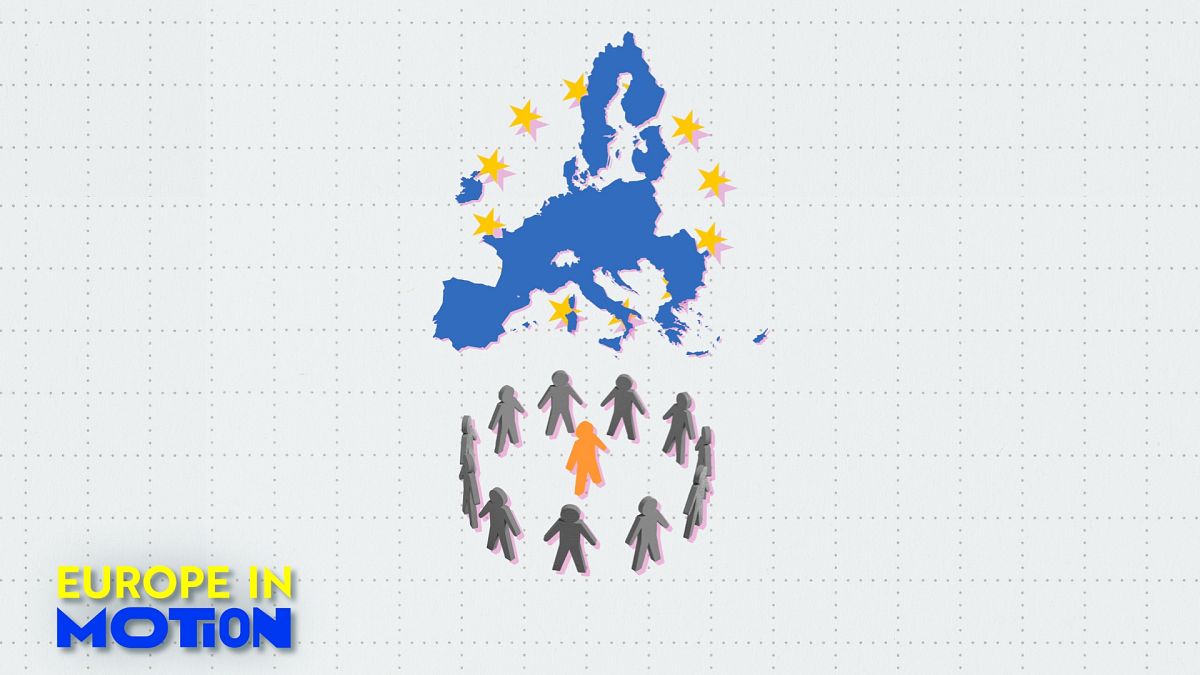ADVERTISEMENT
The number of customers in the European Union and the United Kingdom on online gambling platforms reached 38.6 million last year, representing a 19% increase from the 32.5 million recorded in 2023, according to the European Gaming and Betting Association (EGBA).
While this is an upward trend over the past five years, the number of people looking for help to stop gambling addiction across Europe has also increased.
Data from The Lancet from 2024 claims that 54.7 million men worldwide experienced gambling disorders or problematic gambling, compared to 25.3 million women.
Gambling can lead to serious harms to health, including financial stress, relationship breakdown, family violence, mental illness and suicide, according to the World Health Organisation (WHO).
EGBA’s members represent approximately 30% of Europe’s 2024 online gambling gross gaming revenue. Its members include Bet365 and Entain, which owns Ladbrokes and Paddy Power.
In 2024, three-quarters of customers were male, marking an increase from 72% in 2023.
Among women, this figure dropped from 28% in 2023 to 25% in 2024.
People aged between 26 and 35 years and between 36 and 50 years make up the biggest share of gamblers, each representing 29% of customers.
In Europe, online casinos currently remain the largest contributor at €21.5 billion, followed by sports and events betting at €13.7 billion.
Both are projected to grow by around 7% annually until 2029.
As a result, EU and national lawmakers are tightening rules and aim to combat the trivialisation of gambling.
For instance, Germany prohibits online gambling altogether, while other member states allow it but only under restricted circumstances.
Gambling among young students
Although underage gambling is illegal in European countries, a 2024 study conducted by the European School Survey Project on Alcohol and Other Drugs (ESPAD) reveals that, on average, 23% of students aged 15 to 16 across 37 European countries reported having gambled for money in the past 12 months.
This gambling occurred either in person or online and involved games of chance, such as slot machines, card games, dice games, lotteries, or betting on sports and animal races.
Italy has the highest prevalence of gambling among students, at 45%, followed by Greece, at 36%.
In contrast, the lowest rate is observed in Georgia, at 9.5%.
A 2025 study conducted by Italian researchers using ESPAD data found that Southern European and Balkan countries are in the high-prevalence group, while Eastern European countries fall into the medium-prevalence group. Scandinavian and Central European countries predominantly belong to the low-prevalence group.
Experts have also noted that while women are less likely to start gambling, they tend to progress to problem gambling more quickly.
Online gambling has also seen a considerable growth, with participation rates growing by more than half among boys, from 13% in 2019 to 20% in 2024, and tripling among girls, from 2.7% in 2019 to 8.7% in 2024.
The percentage of student gamblers exhibiting a potentially harmful gambling profile has increased notably, nearly doubling from 4.7% in 2019 to 8.5% in 2024.
While this proportion remains much higher among boys, the increase is more pronounced among girls.
“Environmental and contextual factors play a more significant role in initiating gambling behaviour, while individual characteristics have a greater impact on the likelihood of being at risk,” researchers Elisa Benedetti, Gabriele Lombardi, Rodolfo Cotichini, Sonia Cerrai, Marco Scalese, and Sabrina Molinaro stated in the study.













